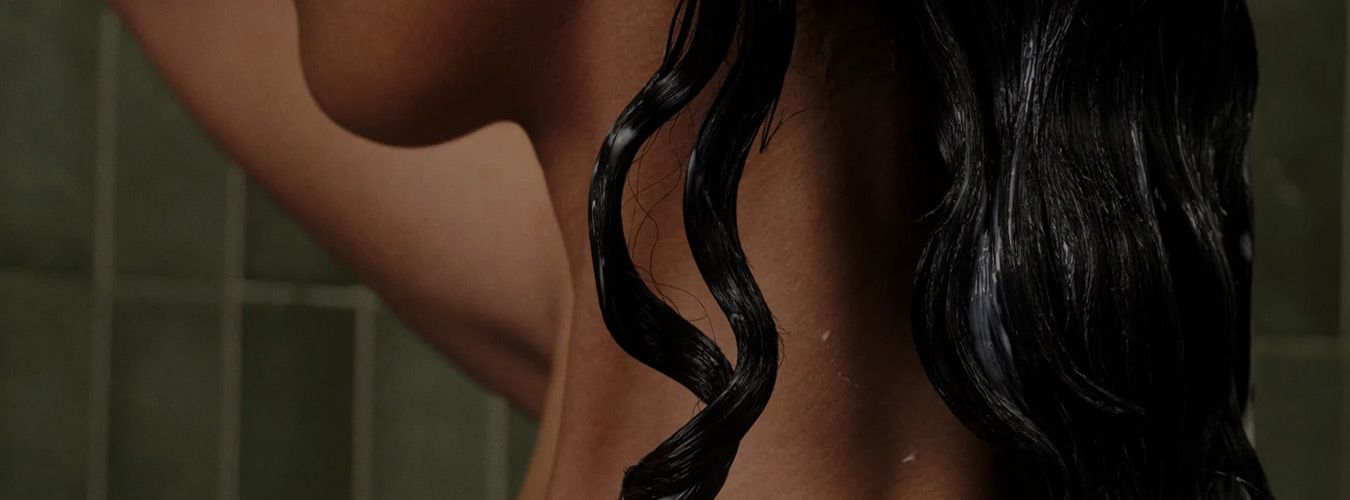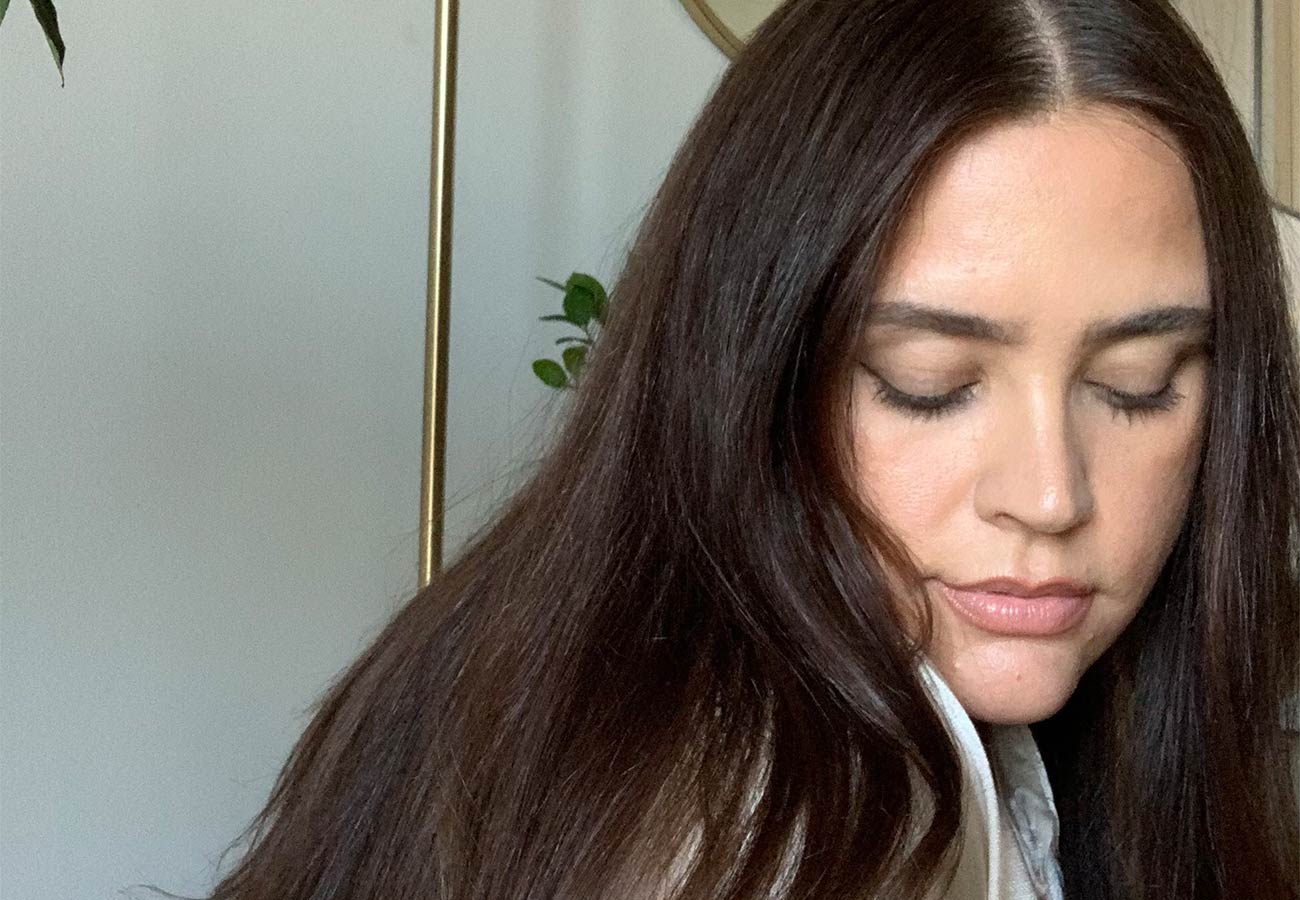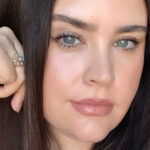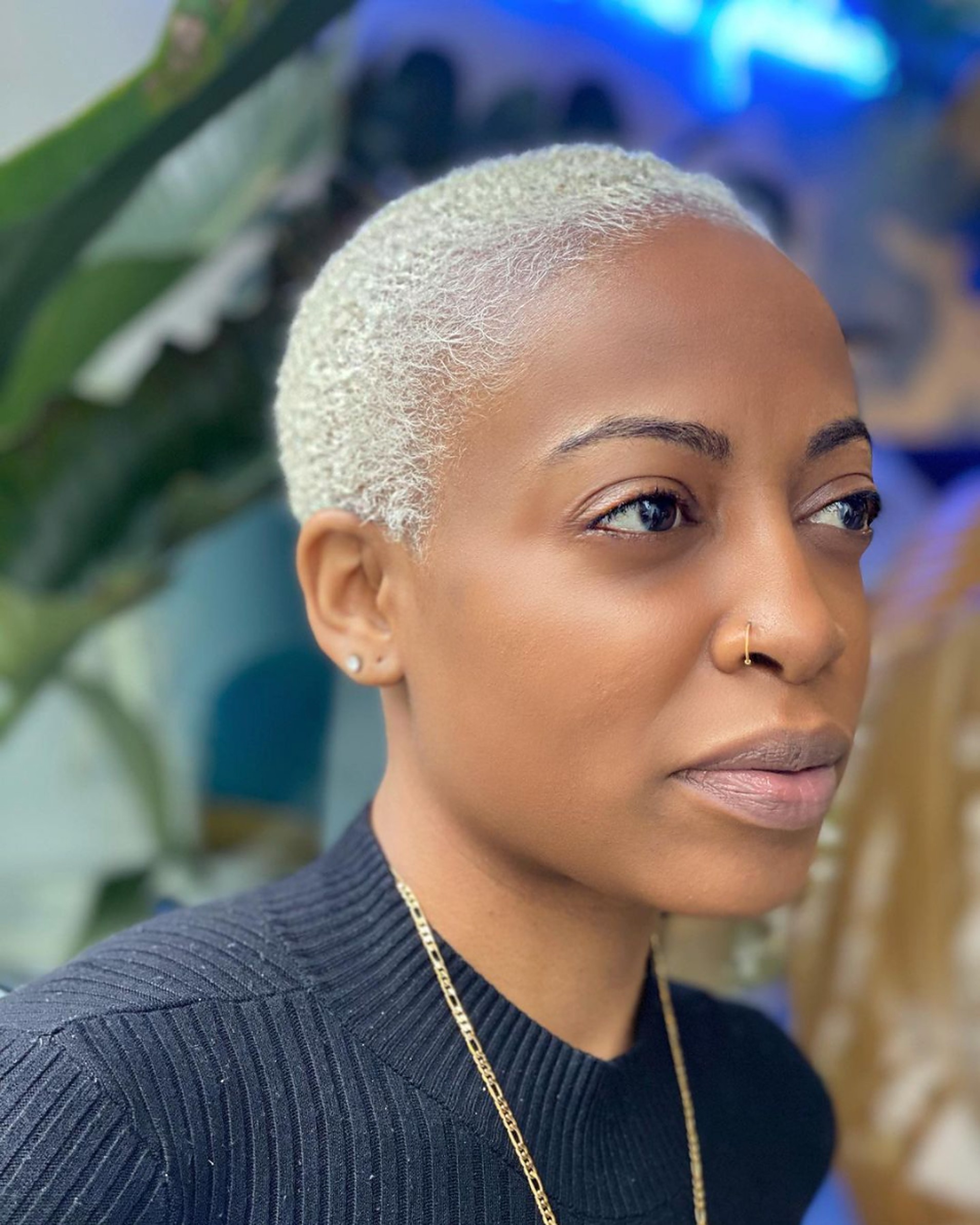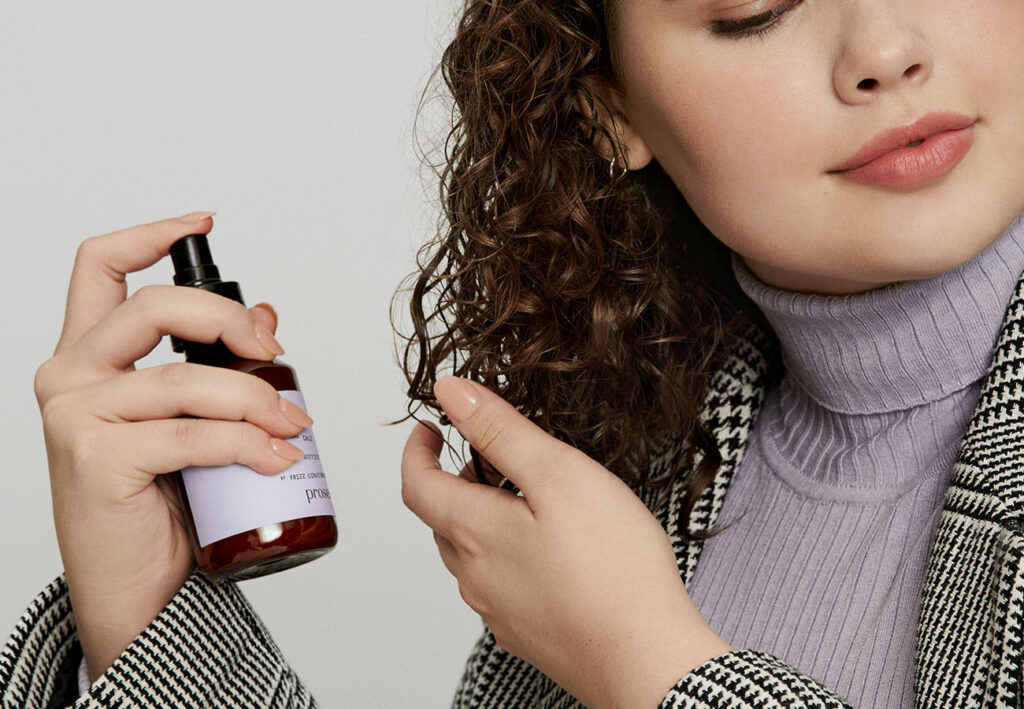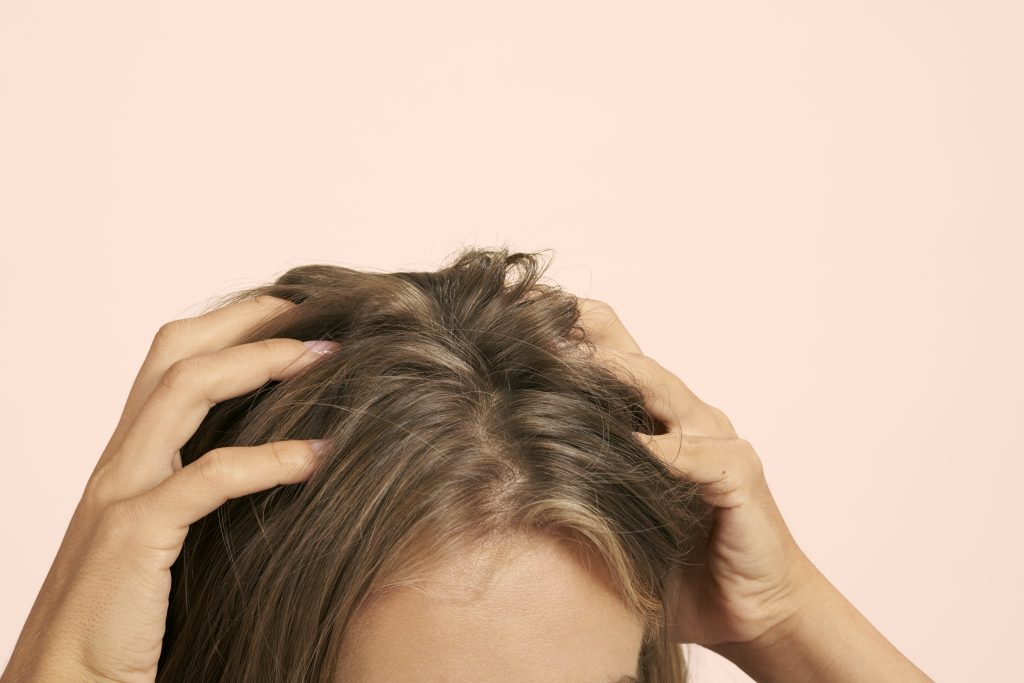When I brought up the excessive hair fall to my doctor, she immediately linked it to the fact that I’d started hormonal birth control about three months prior. Ugh, hormones, of course! I thought. When in actuality, the real culprit was physical stress.
I thought stress-related hair shedding was all mental; something that’s triggered by toxic relationships, horrible bosses, and calamitous life events. Despite living in New York City at the height of a global pandemic, my mental state was pretty chill at the time. I was working from home, avoiding the news, and using the pandemic downtime to work on my wellness. But like Cher Horowitz, stress has many outfits.
The stress in our tresses
“Emotional and physical stressors can push large numbers of growing hairs into a resting phase,” explains Dr. Hadley King, MD, a board-certified dermatologist. “Within a few months, the affected hairs may fall out suddenly when simply combing or washing your hair. This type of hair loss is called telogen effluvium.”
The physical and emotional stressors that cause telogen effluvium include surgery or giving birth, losing over 20 pounds, an acute stressor like the death of a loved one or sudden trauma, chronic stress from a job or relationship, recovering from an illness, or in my case, an abrupt hormonal change like stopping or starting birth control.
People with telogen effluvium lose over 100 hairs per day, with shedding being generalized across the entire head rather than concentrated in one area. The good news, Dr. Hadley says, is that this kind of hair loss is reversible. You can regrow.
“You have to give yourself time and grace to let your hair shed and come back,” says Faith Huffnagle, a longtime hairstylist and the director of education at Prose. It can take six months to a year for hair to bounce back from telogen effluvium. My doctor told me as much, and I believed her when she said my hair would replenish itself, but I also wondered, What can I do in the meantime to support my hair and its recovery?
Natural hair healers
When it comes to supplements for hair health, antioxidants are pure gold. Studies have shown that under anxiety and psychological stress, our bodies produce excess free radicals without enough antioxidants to balance them out, resulting in oxidative stress, which can play a role in hair shedding. You can get antioxidants through foods like berries and leafy greens, but one of the most powerful sources chosen by Prose and used in their latest product, custom hair supplements, is sustainable Spanish saffron*.
In clinical studies, standardized saffron extract has been shown to modulate effects on stress and anxiety. The saffron used in Prose Root Source™ hair supplements is cultivated in Castilla-La Mancha, Spain, where it’s extracted using a gentle, low temperature method that not only ensures the ingredient’s potency, but makes it energy- and environment-friendly.
Other hair-boosting natural ingredients include hibiscus and California grape (both oxidative stress fighters), brewer’s yeast to fortify strands with all-important vitamin B, and scalp-balancing turmeric, zinc, and spirulina. These are just a few of the botanicals and nutrients used in Prose Root Source™, which is customized to each individual’s hair growth needs — because hair growth is not one-size-fits-all. While some of us are past the shedding phase and working on regrowth, others are still counting the hairs in their brush. We need different things.
Self-care as hair care
Whether your stress is physical or emotional, the way you care for your mind, body, and hair on the outside affects how you heal on the inside. “If your hair growth cycle is constantly challenged by stress or isn’t supported by proper nutrition, you may find that your hair doesn’t grow as long as it used to,” says Dr. King. She emphasizes eating a well-rounded diet with the daily recommended amount of protein (46 grams for women, 56 grams for men), using de-stressing techniques like yoga and meditation, and avoiding crash and restrictive diets to help support a healthy hair growth cycle.
Also, don’t be afraid to brush and care for your hair while you’re shedding. “I’ve had those clients who didn’t even want me to run a brush through their hair,” says Huffnagle. If you’re anxious about brushing your hair, she recommends using a wide-tooth comb on wet hair, as well as wearing protective styles like loose braids and updos to keep your hands out of your hair and protect your ends during the day.
“Hair shedding happens and it’s normal,” Huffnagle concludes. “We always want to make sure people know that.”
*These statements have not been evaluated by the Food and Drug Administration. This product is not intended to diagnose, treat, cure or prevent any disease.
Always made to order. Never made to waste.
Exclusive Trial Offer Get 60% Off + Free Gift
